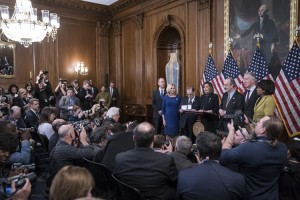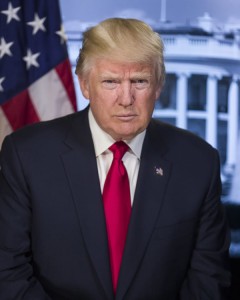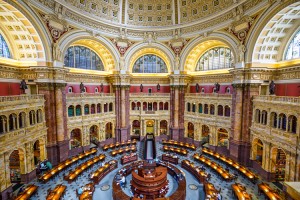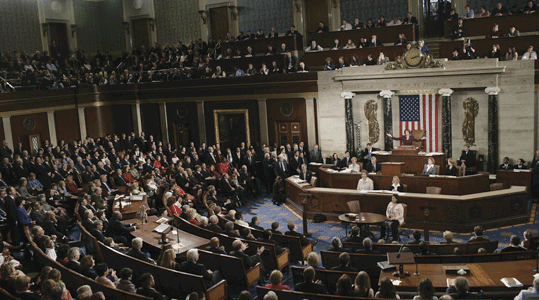TikTok on the Chopping Block
Tuesday, April 4th, 2023TikTok’s Time in Congress
United States Congress met with TikTok CEO Shou Chew last week in his first appearance defending the use of the mobile app (application) in the United States. TikTok is a social media service for sharing videos. The mobile app enables users to instantly post (publish online) short videos set to music or other sound. While TikTok is a Chinese company, it is not accessible in China. However, it is extremely popular in the United States. The main concern over TikTok is that the app collects data from users that could be sent to Chinese authorities. Lawmakers also stated that the app is unhealthy for children since the algorithms can show dangerous videos to young users. Shou Chew maintained the technology is not different than other United States tech giants like Instagram and Facebook. Some people have skyrocketed to fame through TikTok, including Addison Rae, Charli D’Amelio, and Lil Nas X. Many popular users in the United States defended TikTok on their platforms, reaching millions.
TikTok, which is called Douyin in China, was created in 2016 by the Chinese company ByteDance. TikTok has since become internationally popular. ByteDance purchased the lip-syncing app Musical.ly in 2017 and merged it with TikTok in 2018.
TikTok has several features that allow users to slow down, speed up, or otherwise edit videos. Users can enhance (improve the appearance or quality of) their videos with special camera filters, stickers, text, and video clips. Several TikTok videos are often joined together to make the person on camera appear to instantly shift locations, clothing, or makeup. Users can respond to other videos in a duet. In a duet, two videos are posted side by side and run simultaneously. Duets encourage TikTok users to collaborate (work together).
TikTok videos are often informal and silly. They frequently involve lip-syncing, a style of performance in which the performer’s mouth moves in time with a recorded musical track. The service makes use of hashtags to organize similar videos. A hashtag is a keyword or phrase preceded by the hash symbol or pound sign (#). Hashtags enable users to participate in trends or challenges. In a challenge, users copy a particular video topic or theme—such as a specific visual gag, dance, or song—and post their version on TikTok with the challenge hashtag. Trends and challenges rapidly rise and decline in popularity on TikTok.
Each user has a custom home page that presents select content based on the user’s watching habits. TikTok uses a computerized mathematical procedure called an algorithm that learns a user’s preferences and interests to suggest video content. Users also can become followers of other users, or search for videos by hashtag or username. They can send messages directly to other users and post comments about videos. Some users have gained or increased their fame through the app. The rap and country singer Lil Nas X, for example, was discovered after he began lip-syncing on TikTok. Many songs have grown in popularity after being featured in TikTok videos, trends, and challenges.







